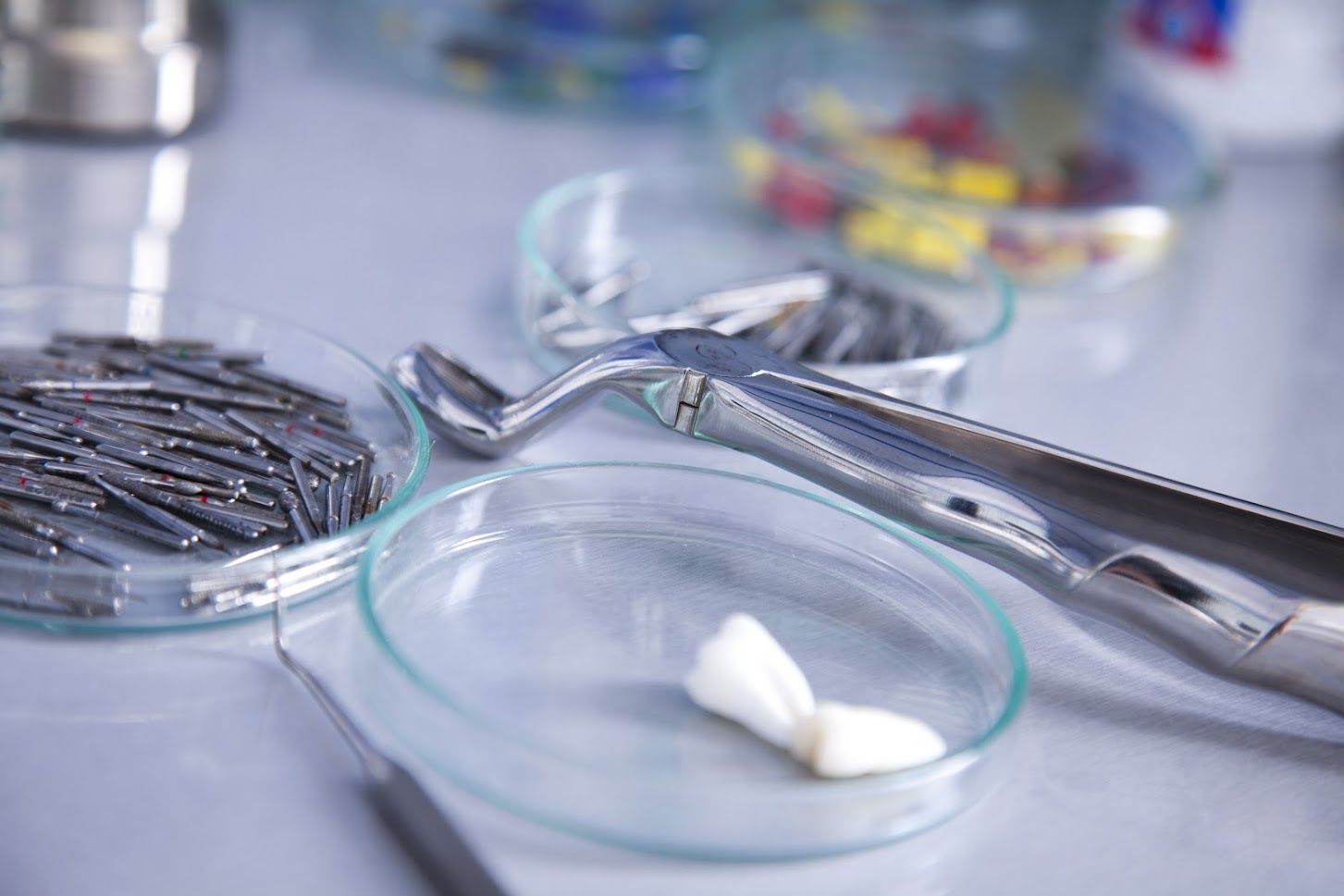(843) 216-0908
Avoid the Risks Associated with Missing Teeth Through Dental Implants
Bone loss : Missing teeth is the leading source of bone loss in the jawbone because you no longer have a root to stimulate the bone. The bone often deteriorates and dies over time when it lacks the proper stimulus.
Dental implants use a titanium rod placed directly in the bone. The new anchor fuses with the jawbone during the healing process and responds as a natural root, stimulating growth and strengthening the jawbone structure, preventing additional bone loss.
Shifting teeth : Another challenge with missing teeth is the movement of your remaining teeth. Your root system attaches teeth to the bone in the jaw. When you do not replace one or more missing teeth, the visible tooth will often shift out of position.
The shifting of natural teeth will partially fill the gap, causing additional spacing between the remaining teeth. Aside from the aesthetic changes, this shift can cause tooth decay, gum recession, infections, and the loosening of other teeth. Changes in the spacing of your teeth also create a challenge when addressing the problem at a later time.
Dental implants include a new enamel tooth along with an artificial root. When this new tooth is in place,it not only fills the gap but holds the remaining teeth in place, preventing your teeth from shifting. Dental implants provide stability to the adjacent teeth and strengthen the underlying bone structure, helping to preserve the healthy adjacent teeth.
Difficulty chewing : One of the primary jobs of your teeth is to tear apart and chew food. Your teeth break down larger foods into small pieces that are easy to swallow and digest. Missing teeth can prevent your mouth from breaking down food properly and make it difficult to chew certain foods. Difficulty chewing and breaking down foods is especially challenging when you have damaged or missing molars.
A dental implant replaces the lost tooth with an artificial replacement that looks and functions like your natural teeth. You are then able to eat your favorite foods without concern.
FAQs
- Who should not get dental implants?
Dental implants involves a surgical procedure to place the implant post under general anesthesia. For this reason, people who have difficulty with general anesthesia, or those with blood clotting issues, a suppressed or compromised immune system, have issues healing, have cancer or uncontrolled diabetes may not be a suitable candidate for dental implants.
- Why dental implants are bad?
Dental implants are a permanent solution to tooth loss with a very high success rate of 90-95%, but in rare cases, complications such as infection, tissue and nerve damage and gum recession have been reported. The underlying condition of the gums and bone structure can contribute to complications from dental implants.
- Are teeth implants painful?
Dental implants are a permanent solution to replace one or more missing teeth. The procedure is usually performed under general anesthetic with an associated local anesthetic to completely numb the jaw. After you awaken form the surgery and the local numbing agent wears off, you may experience mild pain and bruising for several days which is usually controlled well will over the counter pain medication. After you have healed form the surgery, you should no longer experience any pain.
- Do you need antibiotics after dental implant?
While not mandatory, prophylactic antibiotic treatment helps improve the long-term survival and success rates of dental implants and is helpful in reducing the incidence of postoperative infection after dental implant surgery.
- Are tooth implants worth it?
Dental implants are a permanent solution to tooth loss and provide more than an aesthetic improvement in your appearance. Dental implants help support healthy adjacent teeth and prevent them falling out. Implants also help to stop bone loss and regenerate new bone growth in the area of the jaw where a tooth is missing.
The post Avoid the Risks Associated with Missing Teeth Through Dental Implants appeared first on Smiles by Hogan.
CONTACT
Information
Phone: (843) 216-0908
Address: 3405 Salterbeck St. STE 100
Mt. Pleasant, SC 29466
Email: office@smilesbyhogan.com
BUSINESS
Hours
- Monday
- -
- Tuesday
- -
- Wed - Thu
- -
- Friday
- -
- Sat - Sun
- Closed
















